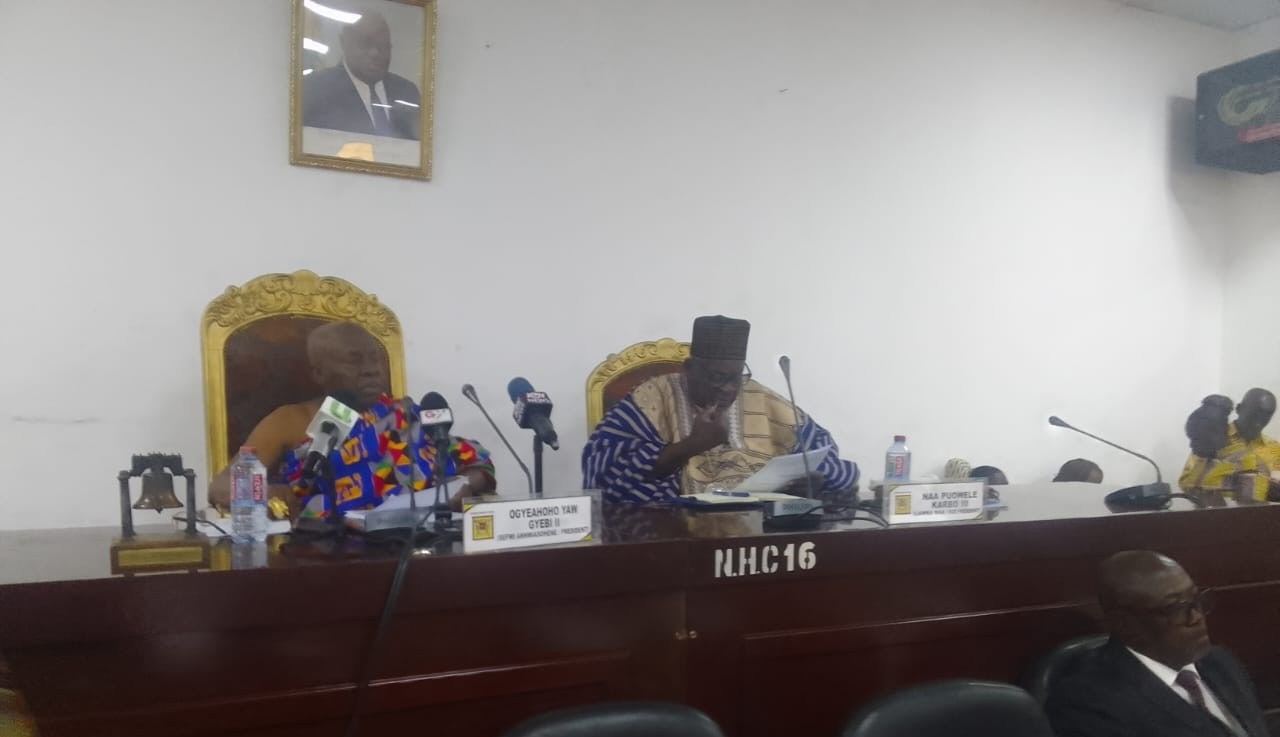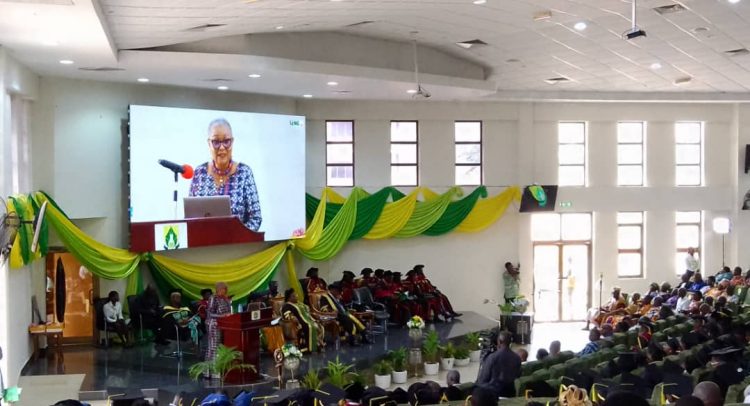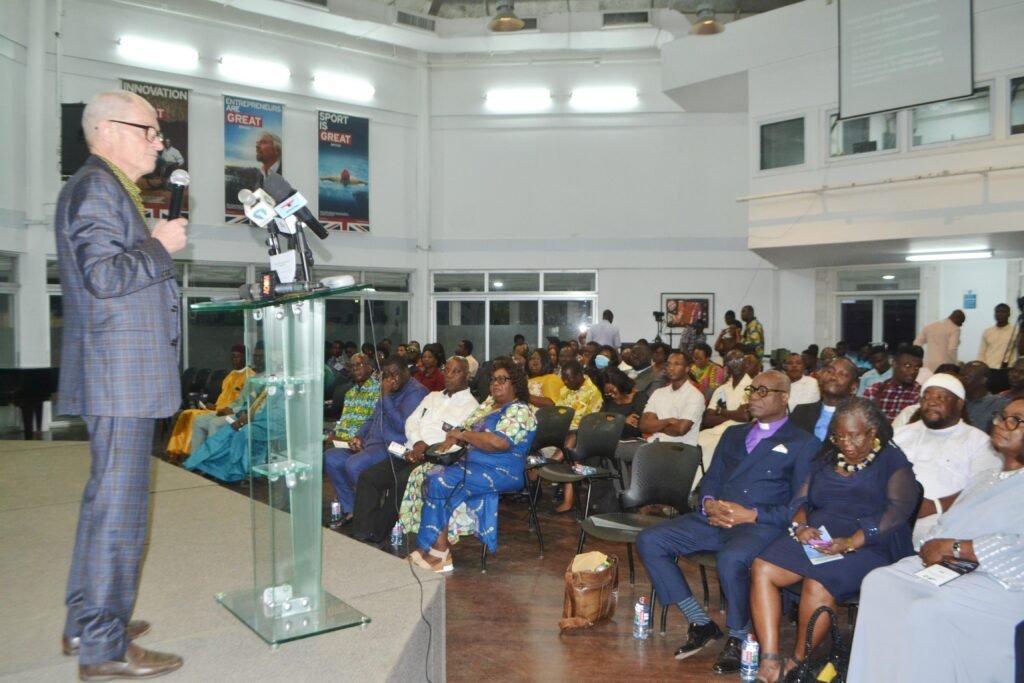

The government of the United Kingdom (UK) has raised alarm over the alarming rise in gold smuggling in Ghana, emphasising its detrimental effects on the nation’s financial health. The UK Ghana Gold Programme (UKGGP) estimates that Ghana loses around $2 billion every year due to smuggling and illegal gold operations, posing a significant threat to the country’s economy.
Chris Aston, team lead for the UKGGP, highlighted the severity of the issue at a Civil Society Organisation (CSO) meeting focused on mining reforms and governance. He noted that nearly 60 tonnes of gold were smuggled out of Ghana in 2022 alone, worsening the country’s financial losses. Aston urged Ghanaian authorities to take immediate and decisive measures to combat this trend, warning that unchecked illegal mining practices, particularly small-scale operations known as galamsey, could have catastrophic effects on the economy.
“This is all lost revenue to the government of Ghana. At the moment, the sector is vulnerable, being exploited by organised crime groups. The threats are growing. Gold smuggling has more than doubled,” he stated, reinforcing the necessity to disrupt both illegal mining and the associated financial inflows.
The UKGGP works in collaboration with the Ghanaian government to ensure proper regulation of artisanal small-scale gold mining and effective enforcement of existing regulations. The programme aims to harness the potential of artisanal mining for local benefit while safeguarding the environment and the health of miners.
Security analyst Prof. Emmanuel Kwesi Aning also addressed the issue, characterising Ghana’s current predicament as a ‘GalamState’. He attributed this designation to the state’s failure to clamp down on illegal mining activities, warning of severe consequences if the trend continues.
“Ghana has now been characterised as a ‘GalamState’, a state that is captured and linked to a higher force of grand corruption. In a ‘GalamState’, the practice is normalised and the people are silenced or limited to mere noises on the sidelines,” he explained, as quoted by citinewsroom.com.

Prof. Aning further cautioned that the intertwining of crimes and collusion necessitates a broader investigation into the institutions that facilitate these illegal operations. “To stop galamsey, we need to look at multiple other institutions that make these crimes possible and where there are embedded individual and group interests.”
The concerns expressed by the UK government reflect a growing chorus of calls—both domestically and internationally—for urgent reforms in Ghana’s mining sector to address illegal activities and enhance regulatory oversight. The gravity of the situation underscores the critical need for immediate action to secure Ghana’s economic future.
Read Full Story
















Facebook
Twitter
Pinterest
Instagram
Google+
YouTube
LinkedIn
RSS